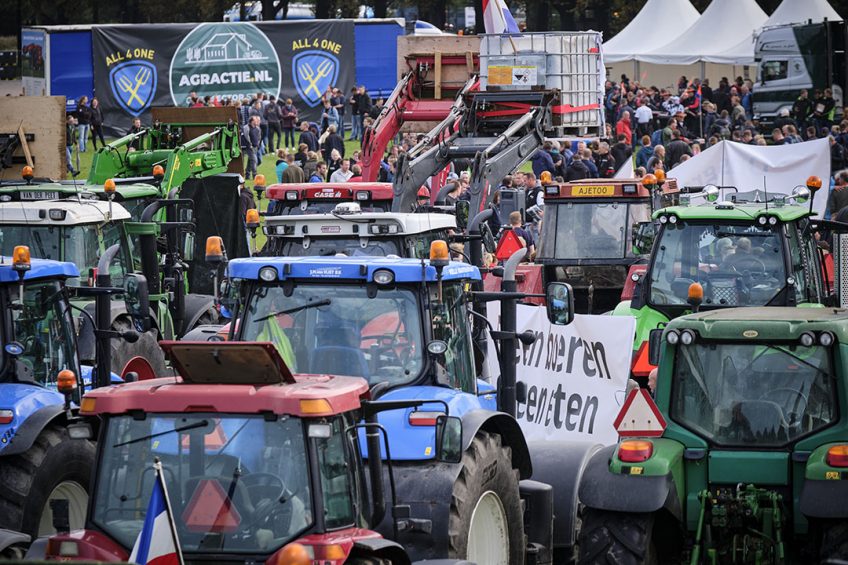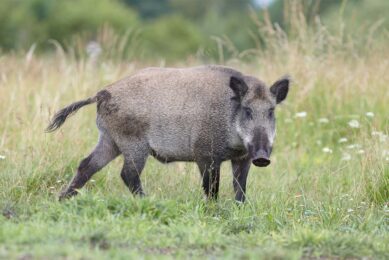For pig farmers, there is enough to be angry about

Throughout 2020 there have been many protests around the world, farmers also took to the streets. It is not entirely unlikely that pig farmers will also raise their voices in the year to come. But when protesting, it is good to keep in mind an eventual vision of how things should be in the future, writes welfare and production expert Dr Irene Camerlink.
Rebellion against authorities: according to the planetary constellations it is predicted that much of that is what 2021 will bring. You can dismiss it, but forewarned is forearmed.
After all, since end 2020 you may have noticed it in the news. In many countries, large scale protests were happening and still are, mostly against government decisions or government leaders. Mass protests are occurring in so many countries that it is insufficient to just mention, for example, Belarus or Myanmar. Instead, citizens from countries across Latin America, Europe and Asia are standing up for their rights.
Farmer protests against government decisions
In India, tens of thousands farmers, with at peak protests hundreds of thousands, have already been protesting for several months against government decisions. The government sees reforms as the revitalisation of agriculture, whereas farmers fear that large companies will crush smaller farmers.
With all the changes going on, it would not be a surprise to see an uprising in pig farming as well. After all, there is enough to be angry about for many pig farmers.
A recent news documentary showed the situation for pig farmers in UK in the Brexit situation. Due to difficulties with exports, an estimated 100,000 pigs in UK would have gone for slaughter, but are now stuck at farms. They are rapidly getting too fat to meet the slaughterhouses’ demands, and lack of pig spaces at the farm leaves the farmers in despair. The reporter concluded that ‘big fat pigs are a big fat problem’.

Read more expert opinions in our special section
What is worth fighting for?
Protests arise from a desire for a better situation, based on a vision on how things should be. Mass protests indicate a shared vision that a situation should change. Before joining the nearest rebellion movement, it is good to think critically about what the desired situation really is. What is worth fighting for? And what can you do to improve the situation? If something has to change, then envision how it should change exactly.
This invites to take time to contemplate about the future of pig farming. If pig farmers would mass protest for change… and win, then how would pig farmers design the future industry? For example, a desired future may be one where pig farmers would get a fair price for their products and can farm in a sustainable manner without being heavily constrained by regulations and financial pressure.

The role of banks in agriculture
Unfortunately, we are not there yet. A recent Dutch documentary looked critically at the role that banks play in agriculture. It revealed that banks are extremely reluctant to financially support farmers who choose to transition into organic farming or a more sustainable system.
While the government actively encourages sustainability and entrepreneurship, among others with a new EU Green Deal, the sector may not move forward as envisioned. At least, not until the whole system changes. Thus, if anger is needed at some point to stand up for one’s rights, then use it wisely and strategically with a clear vision of the desired future.
 Beheer
Beheer








 WP Admin
WP Admin  Bewerk bericht
Bewerk bericht